Navigating the labyrinth of copyright laws in the realm of music downloads is akin to traversing a complex maze fraught with legal intricacies and ethical considerations. In an era where digital technology has revolutionized the way we consume music, the lines between permissible usage and infringement have become increasingly blurred. At the heart of this issue lies the tension between the rights of content creators and the desire for unfettered access to artistic expression. Central to understanding copyright laws in music download is the notion of intellectual property rights. These rights, enshrined in national and international law, grant creators exclusive control over their artistic works, including musical compositions and recordings. This means that any unauthorized distribution, reproduction, or public performance of copyrighted music constitutes infringement, subject to legal penalties. One of the primary challenges in navigating music downloads is distinguishing between legal and illegal sources.
While there are numerous platforms that offer licensed fakaza music for purchase or streaming, there exists a vast array of unauthorized websites and peer-to-peer networks where copyrighted music is freely exchanged without permission. Complicating matters further are the nuances of fair use and fair dealing provisions, which provide limited exceptions to copyright protection for purposes such as criticism, comment, news reporting, teaching, scholarship, or research. While these exceptions may allow for the use of copyrighted music in certain contexts, such as educational projects or transformative works, they are subject to interpretation and must be carefully applied to avoid infringement. Moreover, the advent of digital rights management DRM technologies has introduced additional layers of complexity to music downloads. DRM systems are designed to prevent unauthorized copying and distribution of digital content by encrypting files and implementing access controls.
While these measures aim to protect the rights of content creators, they also pose challenges for consumers seeking to lawfully access and enjoy music across multiple devices and platforms. In response to the evolving landscape of digital music distribution, policymakers and industry stakeholders have sought to strike a balance between protecting copyright holders and promoting innovation and access. This has led to initiatives such as licensing agreements with digital music services, copyright reform efforts, and technological advancements aimed at facilitating legal music consumption while combating piracy. Ultimately, navigating copyright laws in fakaza music download requires a combination of legal awareness, ethical considerations, and respect for the rights of creators. By supporting licensed platforms, adhering to copyright principles, and advocating for fair compensation for artists, consumers can play a vital role in fostering a sustainable and vibrant music ecosystem in the digital age.



